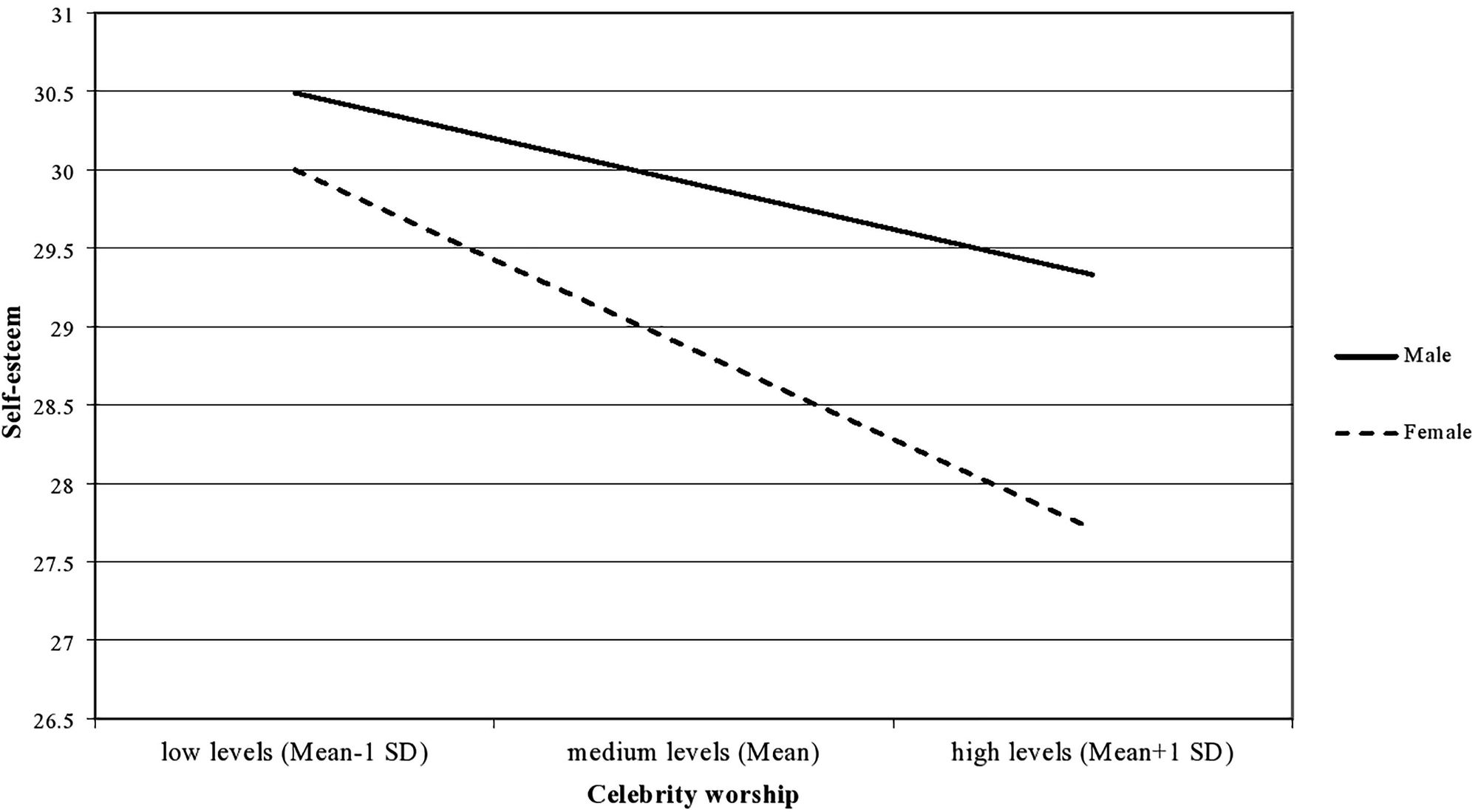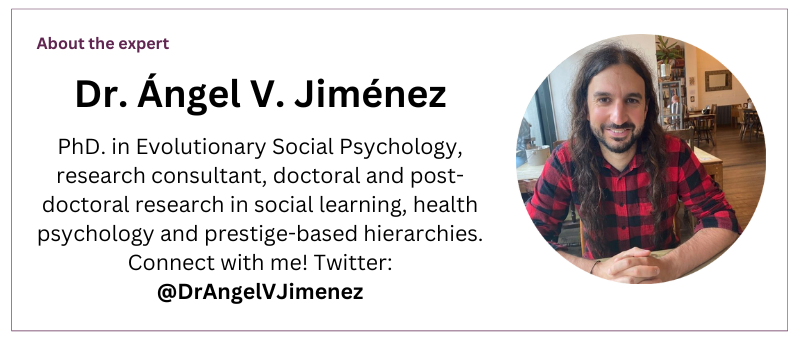In 10 seconds? For the first time, researchers have been able to find a link between celebrity worship and poorer cognitive ability. However, the research did not suggest that an obsession with celebrities was a direct cause.
Really, how do we know this? Scientists have been probing for over two decades the question of why some people dedicate so much time and energy to their idols. The team for the current research wanted to ensure that their findings were not biased, so they took into account factors such as age, gender, education level, income, or self-esteem… and found that the association remained.
So, if I’m a fan of a band or an athlete, doest that make me… less able? Relax! We are talking about celebrity worshipping and even such fans are not all alike. Researchers mention three levels of ‘worship’ depending on its intensity. The first level means someone follows celebrities just for entertainment. The second level means the subjective formation of an intense bond with the celebrity. And the third level leads to the development of a parasocial relationship in which there is a dramatic involvement by the worshiper with the celebrity while the star is unaware of their existence.
OK, and how strong is the link between celebrity worship and cognitive performance? To figure this out, researchers used a so-called correlation test, which provides a coefficient between -1 and + 1 (0 indicates no association at all). In a recent study, the correlations between the three levels of celebrity worship and two measures of cognitive ability ranged between -0.05 and -0.12. These results show a negative relationship, but the association is not very strong as the correlations are close to zero.
So, I should not worry that much then, right? Occasional poor cognitive performance is only one result of celebrity worship. The other entails mental health problems. For example, studies have found that people who score high in celebrity worship tend to have a poorer body image, more eating disorders, anxiety, and depression. It has also been found that an unhealthy interest in celebrities is related to problematic internet use, gambling, and compulsive shopping.

How was the study done? Researchers asked 1763 Hungarian adults to complete two tests of cognitive ability tests, which measured both their ability to solve problems that they have never encountered before and the ability to use previously acquired knowledge. A standardized questionnaire was used to measure the three levels of celebrity worship, and participants also were asked questions regarding their self-esteem, income, and demographic characteristics. Statistical analyses demonstrated that the association between celebrity worship and poorer cognitive performance was robust, meaning that other characteristics of the participants did not fully explain this association.
What is still unknown? Although there is considerable evidence of the association between celebrity worship and poorer psychological outcomes, researchers still do not know whether celebrity worship causes poorer psychological outcomes, or if poorer psychological outcomes lead to celebrity worship. In other words, what causes what? Future research is needed – for example, longitudinal studies - using methods that would help researchers disentangle the cause and the effect concerning celebrity worship and mental performance.
The evolutionary roots of celebrity worship
According to a prominent theory in anthropology, celebrity worship might be a consequence of the human capacity for social learning, which seems to have evolved during the Pleistocene.
Because learning foraging skills from individuals with poor skills was costly, humans needed to find ways to identify who were the most skilful foragers and secure valuable social learning opportunities.
In this way, humans developed the propensity to admire, pay attention, and confer prestige to skilful individuals as a way to let them learn from them.
This exchange was largely adaptive in small face-to-face groups. However, the development of mass media might have distorted the adaptive value of prestige-biased social learning leading to the development of para-social relationships and the acquisition of knowledge that is not useful in the learner’s environment.
Dr. Ángel Jimenez has distilled 12 research papers, saving you 42 hours of reading time.

The Science Integrity Check of this 3-min Science Digest was performed by Michael Eze.






